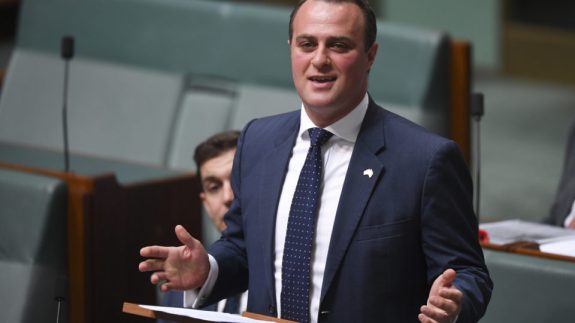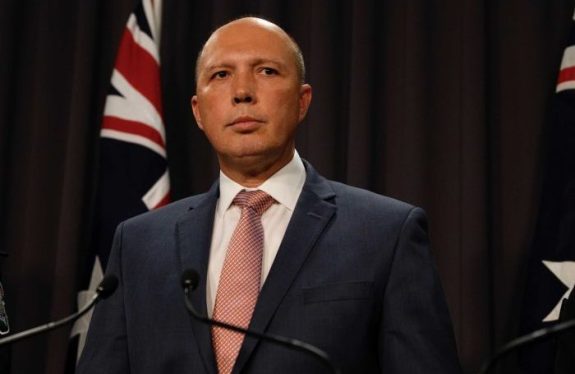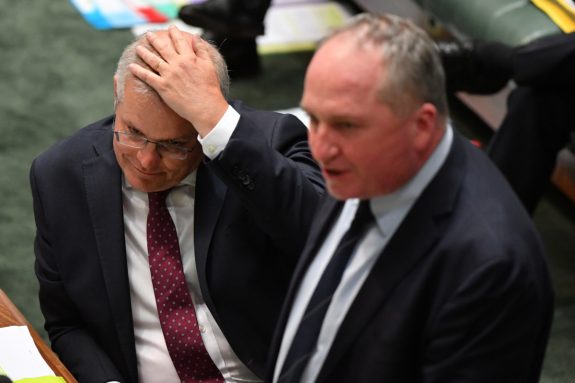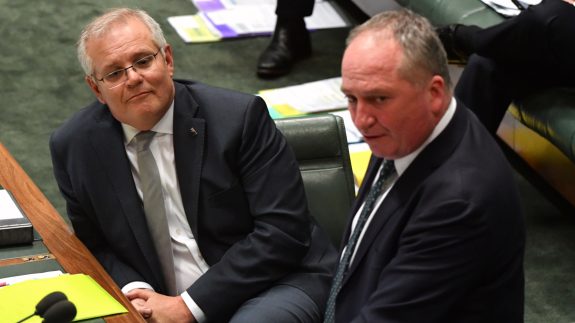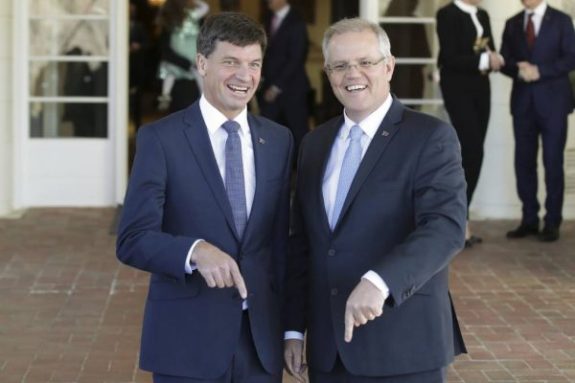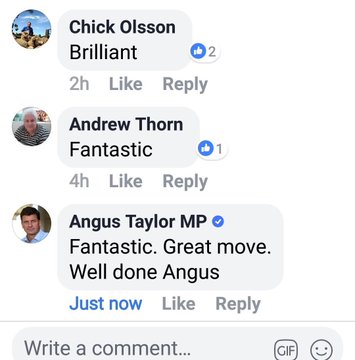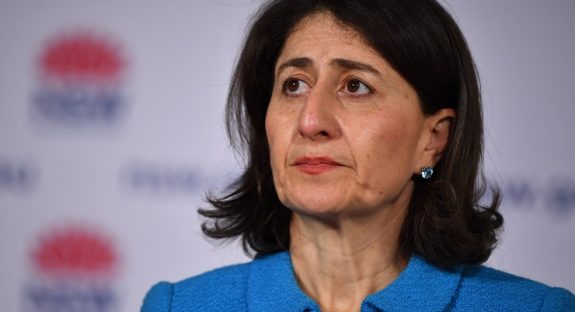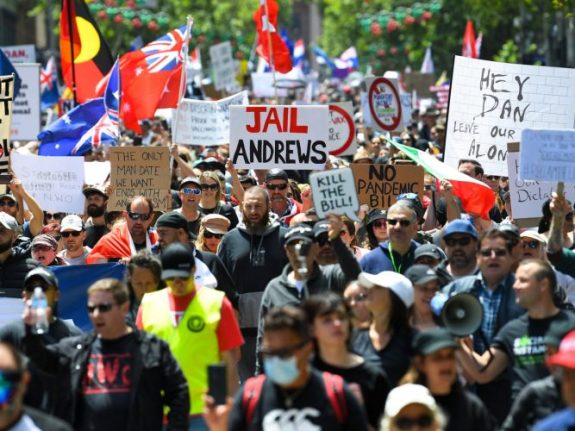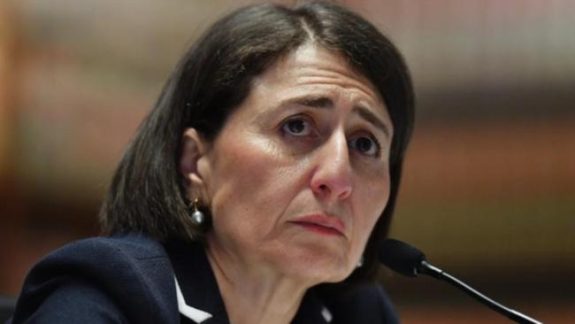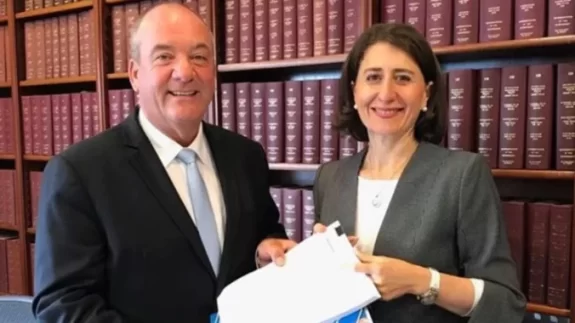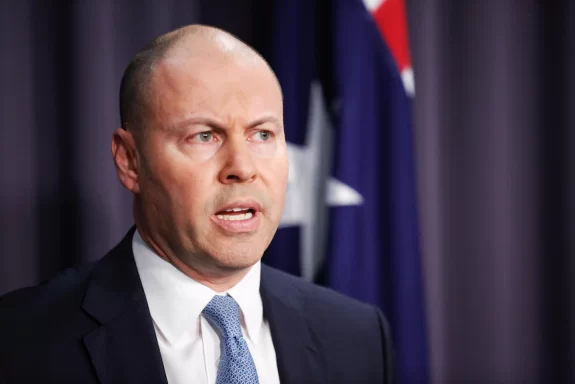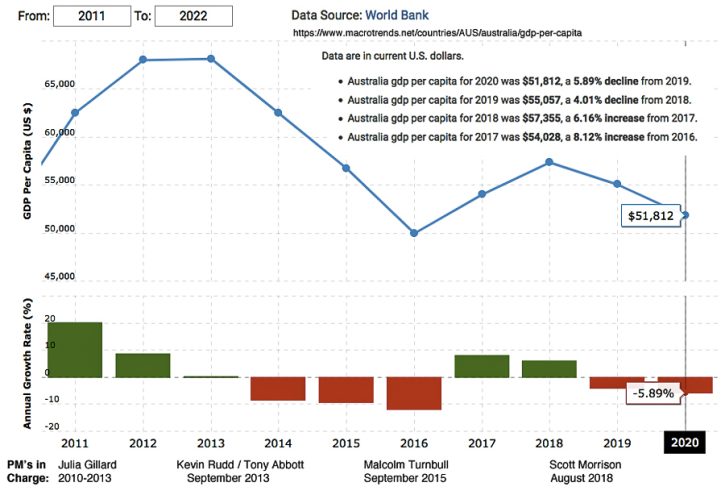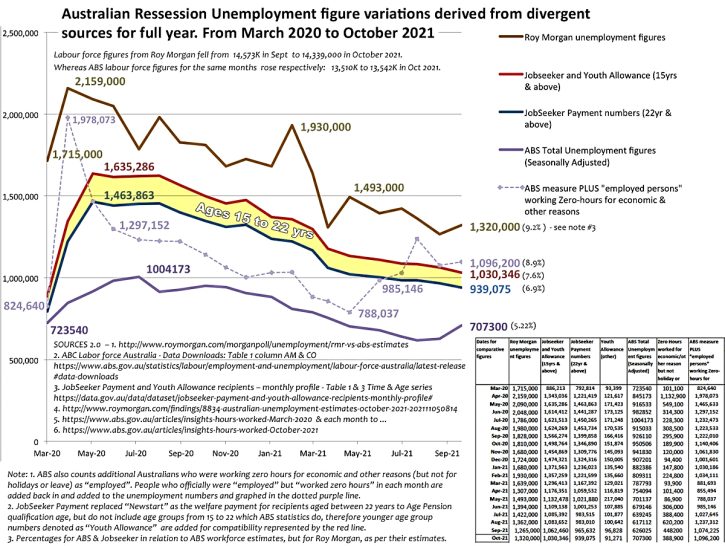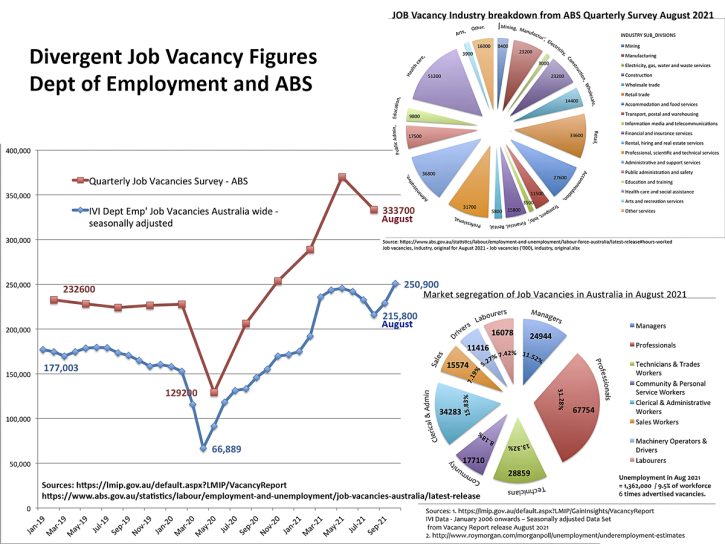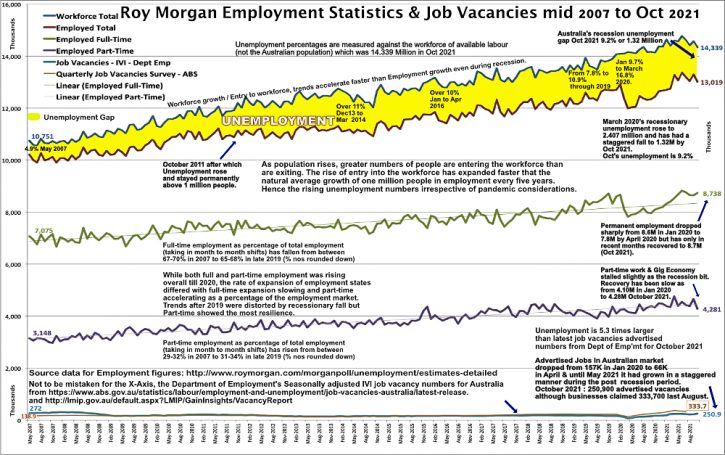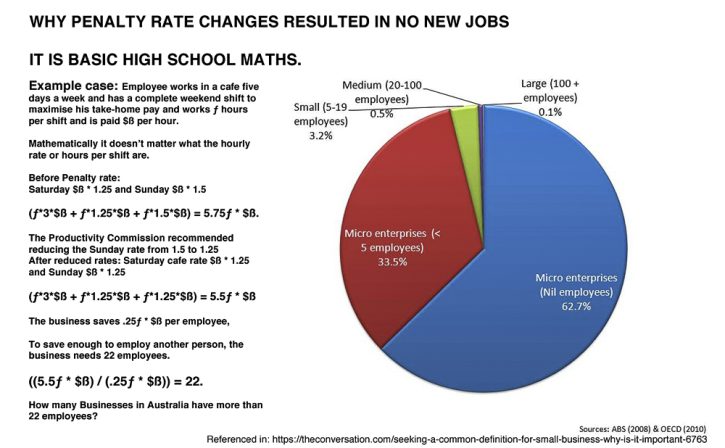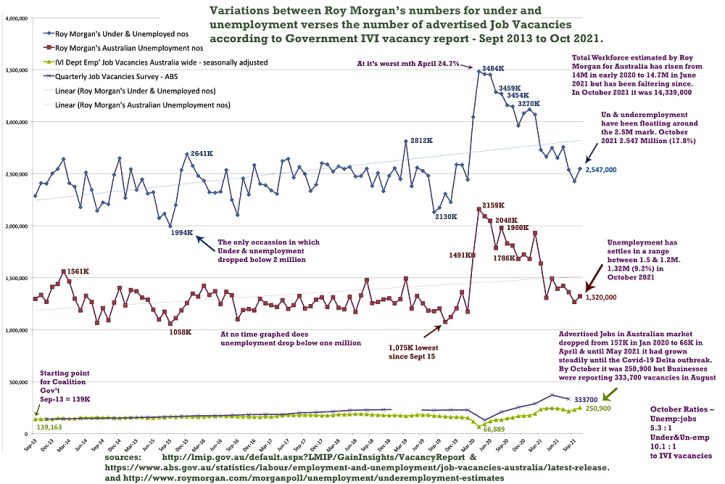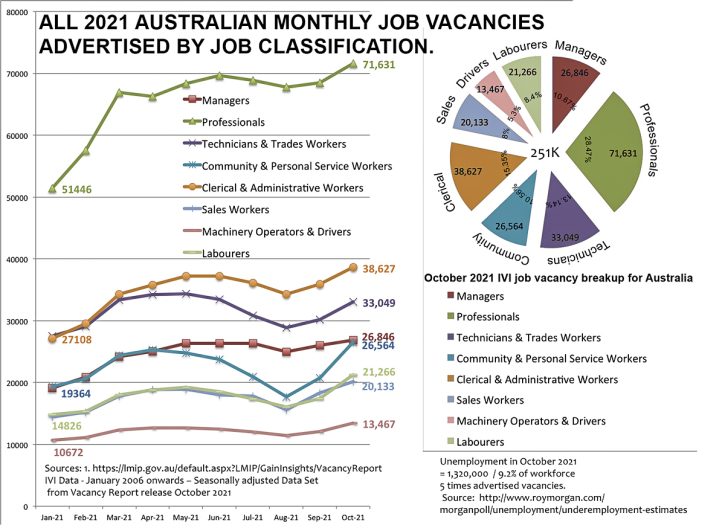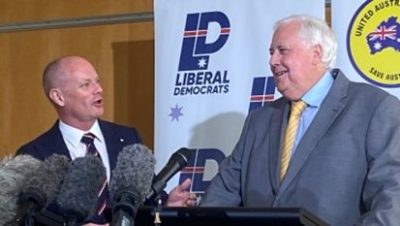You can smell the exhaust, the burnt rubber and a thousand cigarettes, this is a crowd in love with living dangerously, breaking rules, especially the dictates of reason and common sense – the perfect setting for larrikin-lad, Scott Morrison, to head down to the racetrack at Bathurst’s Mount Panorama leaving Labor’s leader Anthony Albanese in Ashfield, flower of Sydney’s inner west to promise A Better Future, winning his listeners with a speech of passion, principle and authenticity.
The Liberal Party revs its gas guzzling 5.4 litre double-overhead cam V8. 447kW. It’s a grunt stunt. Our bloke’s bloke, PM –one of Morrison’s favourite avatars- along with Bunnings Dad’ and The Chosen One, to whom God speaks out of a photo of an eagle -is strapped into a Gen3 Ford Mustang for a mad lap at Bathurst, NSW’s petrol-head heartland, a bastion of toxic masculinity in an act of homage to a St Hydrocarbon shrine.
The ritual visit offers testosteronic risk-taking, horsepower and reckless endangerment – (how good is a near death experience?) – and at flag fall, high on hi-octane nitro, Morrison declares war on ICAC; calls the commission a kangaroo court.
Not that Scotty’s word means much, even this egregiously false smear. Macron destroyed forever the Liar from the Shire’s plausible deniability, outing, for the world to see, a deceitful, dishonest shonk. “I don’t think. I know.” Our PM’s a type the bard had in mind, “… a most notable coward, an infinite and endless liar, an hourly promise-breaker, the owner of no one good quality.”
Coalition water-boy Simon Birmingham rushes out of Kirribilli’s BS Castle and on to the field of Mars or Sky News or the Coalition’s ABC, to douse the flames after Macron sets fire to Morrison’s name. Dares call out a liar when he sees one. It’s all the fault of the media, says Birmo.
It’s only an issue because it’s being reported on. Just a beat-up, he says, as his PM’s reputation amongst key leaders of state becomes synonymous with deceit, distrust and duplicity. And disinformation, as in his latest slur on the NSW ICAC – a desperate attempt to discredit a body or its federal analogue which he knows full well would have a field day with his own corruption.
Not that Morrison will do anything. Act on his ICAC misgivings? He’s all talk. Scotty’s just a passenger along Conrod Straight, but in a post-Cobargo Australia, no-one expects him to hold a steering wheel.
Yet he’s firing on all three cylinders. An air kiss to Grid Girl, Gladys, completes the PM’s triple-pronged attack. He wows those few who revere St Gladys as a martyr to a monster ICAC, by cheering his favourite filly on in a race, whom, “close sources” say, is a hundred to one chance to even enter. There is also the teensy problem of Morrison’s picks all being duds, like Warren Mundine in Gilmore.
Morrison doesn’t stoop to ask the disgraced premier. He’s The Prime Minister, as he made clear to Julia Banks and other Liberal women he’s coerced. Of course, Glad’s hot to trot – she just can’t wait to be Morrison’s quocker-wodger after being bullied in National Cabinet. Privately, she calls Morrison “evil” and “a bully”, according to Peter Hartcher’s impeccable contacts.
But the PM has plans for her. The Australian reports that Morrison’s even intervened to extend the deadline for pre-selection applications, to 16 January, a move which, some gush, will give Glad more time to make up her mind, but which is also Morrison’s cynical each-way bet to accommodate the ICAC finding.
Even, then her odds are a bit iffy. True, The Warringa Liberal Preselection Stakes has only once not been won by a Tory candidate since its inception in 1922. Yet, apart from Zali Steggall, who won with a thirteen percent swing against Tony Abbott, in 2019, it’s also been a blokes-only show.
In a Steggall-Berejiklian contest, the incumbent must start as favourite, surely, before you even get to the political back-flip Gladys would have to do on climate change. In a state that’s run by the coal industry she, like former Energy Minister Matt Keane, favour a 50 per cent cut in greenhouse gas emissions by 2030. Morrison would have her scream at Labor for daring to suggest 43 percent?
While you can always back a nag called Self Interest because you know it will run on its merits, even folk in Sydney’s richest electorate are increasingly averse to cooking the planet, polluting precious waterways or voting for a candidate who helped bring COVID to Australia. Not just once.
But this is no spontaneous joy ride or gibe. Or punt. Everything with Morrison is a calculation.
Morrison’s 220 kph spin screams “un-woke bloke”- just as his gibe at the ICAC is so wrong that top silks take him to task. Expect to see a signed page in The Australian paid for by eminent judges, QCs, SCs and other members of the legal fraternity condemning Morrison for his slurs on the ICAC.
Let them protest. It’s all publicity. Tough-guy branding. Aloha, ScoMo the Brave. Above all, it’s part of his eternal, personal jihad on accountability as is his outrageous spruiking of Gladys Berejiklian.
Backing ScoMo’s captain’s call are a swag of Liberals. The PMO’s even dragged alleged Iraqi war criminal, John Howard, a narrow, mean-spirited little man, the “lying rodent” as George Brandis calls him, a moral and intellectual pygmy who frittered the proceeds of the mining boom on tax breaks for the wealthy while giving Australia a meaner, more divided society, but with school chaplains, babies overboard, more funds for private schools and Robert Hill’s Kyoto credits scam.
Howard raised up the rich and the strong, corporations over the vulnerable, the poor and wage earners. He divided us across most public policy areas notes The Canberra Times Crispin Hull.
Yet he’s a Liberal icon whose backing ensures Gladys’ preselection. If Gladys were to run.
Glad’s Morrison’s human shield, observes Katharine Murphy in a shrewd insight into Morrison’s war on an external scrutiny he can’t control and doesn’t care for. Berejiklian, certainly would feel used being dragged into the PM’s defence of his indefeasible delay of a federal ICAC nor the absurdly, toothless tiger proposed by the sandgropers’ Solon; MP for Pearce, retiring scion of a Liberal dynasty, Christian Porter – son of Olympic high jumper Chilla Porter – for whom no bar was too high – a limbo bar ICAC model (how low can you go?) which is designed to further hide MP’s corruption from the light of day. Even their fake proposal fails to get up because Morrison fears amendments that may give it teeth to bite him. Luckily, there’s always a scapegoat in the house.
In Morrison’s virtual reality, Labor is to blame for a thousand days’ delay in his government’s slow bicycle race to get its Clayton’s Federal ICAC bill through parliament and on the statute books. The claim is balderdash yet it gets repeated verbatim on the news. As does Berejiklian’s fake Warringah candidacy – who is not only applying for pre-selection, she’s in like Flynn according to most outlets.
Or giving former Winter Olympian Zali Steggall a downhill run for her money.

Oddly, Vox pops with voters in Warringah suggest Gladys would have Buckley’s chance of victory as federal Liberal candidate for Warringah, Tony Abbott’s former electorate, a Northern Sydney, former Liberal stronghold, whose current incumbent, independent Zali Steggall, cares about the environment, climate change and the need to preserve a world for our children. And has integrity.
Gladys for Warringah is, moreover, an untried filly over the distance with a lot of lead in the saddle. Her preparation for a shift into federal politics has been less than ideal. That’s the track talk.
Changing metaphor, in honour of the Bard, to Bathurst, the talented Joel Jenkins sums up the tactic,
The LNP, desperate from the loss of experienced crew and some promising drivers, looking at its outdated build and realising this might be its last attempt at glory, is looking toward former disgraced and disqualified prodigy, Gladys Berejiklian, to add some much needed calm into the team. This is despite her bringing the sport into disrepute, awaiting a decision from the race marshals and in spite of no indication from her personally.
The ordure first hits the fan, October 12, 2020, when Berejiklian outs secret lover, Wagga Wagga MP, rustic charmer, and notorious urger of the first degree, spiv, Daryl Maguire.
Silver-tongued Dazza sweeps Gladys off her feet, with his debonair charm, wit and his schemes to make himself rich out of their liaison. But true love never runs smooth. Especially in the classic country and western, Gladys finds herself in. So, she says. He was her man, but he was doing her wrong. Yet they are Frankie and Johnny for at least five years.
September 13, 2015, the premier of the premier state ditches Daryl and agrees to support an inquiry into his business interests. Yet, out of the blue appears a silver lining to the gold standard bust-up when who should happen along but high-profile barrister Arthur Moses, SC, who represents Gladys at the corruption hearing into Maguire. By June 2020, Arthur and Glad are seeing each other.
Daryl turns out to be such a political liability that Gladys tells her on-air confessor, spiritual adviser, KIIS 106.5 Sydney’s, Kyle Sandilands, that she’d fallen for the wrong fella – an MP for whose electorate she helps, loosening state purse strings by over $30 million, as Treasurer and later Premier, to fund a clay target shooting club, already flush with funds, and a conservatorium.
Liberals love the weak-headed woman alibi. How good is demeaning all women? Whilst some uphold her as a trail-blazing feminist, Gladys hawks her victimhood bid around all media.
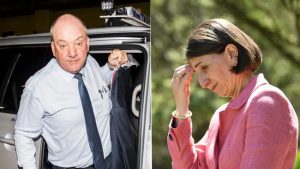
Anyone who claps eyes on Mr Maguire, or does deals with him, would have trouble seeing him as a lady-killer. Nor is Gladys any shrinking violet. But it’s a pitch that resonates with respondents to a recent Essential Poll, who get almost all their news from a Murdoch-led media.
Now Berejiklian finds herself awaiting the deliberations of the ICAC, a body akin to a Royal Commission, not a court, on whether she breached public trust. Was her conduct in relation to decisions about funding grants dishonest? Did she breach public trust in failing to report her relationship? Could her conduct have allowed or encouraged corrupt conduct by Maguire?
“Even those who admire Berejiklian for many of her qualities when she was premier, realise there has to be a serious inquiry into the situation that arose … in unloading millions of dollars of public money into the Wagga electorate at the same time she was in a relationship with the member for Wagga,”
Chair of the Centre for Public Integrity, former NSW supreme court judge, Anthony Whealy, is alluding to to the Wagga Wagga Clay Target Club’s a $5.5 million upgrade and a $20.5 million plan to build a recital hall for the Riverina Conservatorium of Music.
“For Morrison to dismiss that as being of no significance, is to trash integrity and accountability in the most terrible fashion,” Whealy proceeds, unloading on a PM who is a household weasel-word.
But the fix is in for Morrison, a man Berejiklian loathes, after much bad blood between them during the NSW bushfires and her Delta disaster. He pretends he doesn’t understand, bizarrely touting the former NSW bean-counter-cum Premier as a candidate for Warringah. Anyone who can bring both alpha and delta strains of COVID-19 into Australia is bound to win big with voters.
What’s baffling is that Gladys still has any support in NSW despite her Ruby Princess and Limousine Man track record of incompetence, evasion and self-promotion as the “Gold Standard”, a title given her by Morrison. The PM hopes to harvest Glad’s fans by boosting her stakes as a candidate, a desperate bid to boost his tanking popularity, a tactic noted by Nicholas Cowdery QC, member of the NSW Council for Civil Liberties and a former Director of Public Prosecutions for NSW.
Morrison’s perverse wooing of Gladys is also a cruel trick to let him bag ICAC calling it a kangaroo court and abusing parliamentary privilege to paint Berejiklian as the poor victim of witch hunt – and more. Spraying disinformation wildly as is his wont, he lies that the ICAC is a monster capable of
“… political vendettas, as we have seen in New South Wales with disgraceful treatment of the former premier … who was chased out of office before that even made a finding”.
“It’s absolutely outrageous,” sputters Labor’s Climate spokesperson, Chris Bowen, “the prime minister of the day has undermined the ICAC,” noting that his politicised kangaroo court smear was how the PM was undermining all independent anti-corruption bodies across the country.
Morrison’s heavily tarnished, gold standard diva, Australia’s Typhoid Mary, who let the Ruby Princess disembark and introduce the alpha strain of the virus to the nation, an act of “criminal negligence” is eclipsed by her role as “The Woman Who Saved Australia” an accolade the Australian Financial Review was soon to regret, as her government bungled vaccinating an airport chauffeur in his sixties plying a limousine ferrying aircrew between Sydney and its airport.
Her Limo-gate debacle will forever link her government with both alpha and delta strains of COVID-19 entering the country. Gladys get herself pre-selected for Warringah? Talk about recycling the trash. If Morrison pulls off this risky stunt, it will be the most cynical pivot in Australian politics.
Morrison’s muppet is being talked up as a proxy for an attack on ICAC as much as a pile-on on Zali Steggall – and all other independents across Australia, including the impressive Helen Haines whose prominence owes much to voters’ disgust at the corruption as normal routine of Coalition politics.
“Gladys was put in a position of actually having to stand down, and there was (sic) no findings of anything,” Svengali Morrison lies Friday. The facts are the premier chose to resign and ICAC’s inquiry is still in train. It has yet to hand down its findings. Morrison is in contempt of ICAC. Other stooges dutifully appear, Simon Birmingham, the Noddy in Toyland of the federal bikie gang.
“… by openly downplaying the seriousness of corruption, don’t the Liberals realise they are adding credibility to pro-integrity independent campaigns across the country? The Monthly’s Rachel Withers warns. Let’s hope Ms Withers is correct.
By Wednesday, Morrison is walking back his rhetoric, Gladys or Arthur or both have told his office it’s just not going to happen. Yet in the meantime, Morrison has used her to take a pot-shot at ICAC making great mileage out of disinformation and popular myth while normalising corruption and signalling that the NSW carbon emissions target needs to be trimmed back in line with federal policy.
The PM repeats his mantra that Gladys has not been charged with a criminal offence, wilfully obscuring the nature of the ICAC whilst narrowing the definition of corruption; restricting it to acts which are illegal. He dog-whistles the anti-vaxxers with a Bathurst analogy,
“What we’re about is getting government out of your lives, because I think Australians have had a gutful of government in their lives over the last few years, and they’re looking forward to getting back in the driver’s seat,” he lies about a Coalition which is uniquely involved in our lives.
For Jacqueline Maley there is a conundrum behind the rhetoric akin to a Zen koan.
The leader of a government lamenting government intervention is too brain-boggling a thing to ponder deeply, a sort of deep-state stoner’s dilemma: if the head of the government wants government to get out of our lives … isn’t that government telling us what to do with our lives?
Yet what if big government is actually good for us, as many respected economists suggest. What if we’d been denied, for example, the Rudd government’s $52 billion stimulus package?
This big government protected us from the recession which we know as the global financial crisis. Without big government, Australia would have suffered recession with the rest of the world.
The Australia Institute’s (TAI) Ebony Bennett reminds us how public investment, trend growth in public sector employment and household consumption drove Australia’s growth. Australia Institute polling shows most of us agree the stimulus package kept Australia from recession.
The final implication in Morrison’s rhetoric and the subtext of his key ministers in their retro campaign kick-off with its calculated swipe at regulation its salute to simple-minded hedonism is that the tap that was turned on to prime the economy during COVID-19 must now be turned off.
And although his stunts are wacky, embarrassingly corny, there is method in Morrison’s madness. He’s sowing the seeds of a simple-minded return to the world of the V8, a world in which you could burn rubber and hydrocarbon fuel like there was no tomorrow – a world with no COVID and no threat of anthropogenic climate causing irreversible global heating and our extinction.
A type of 1950s post-war Nirvana is within our grasp if politicians are allowed to go about their business growing the economy, doing deals with their mates without being pilloried by kangaroo courts. If politicians are just allowed to get on with their whatever it takes politics, Gladys Berejiklian would still be Premier of NSW. The ICAC forced her to resign, he lies, in flagrant Trumpian alternative factual zone of his own but with a petulant show of contempt for the historical record and the judiciary and the rule of law upon which our civil society is based.
Above all, Morrison’s backing of Gladys helps normalise corruption as a way of government and the price of doing business. Whilst it’s a dog-whistle to the “freedoms” mob demonstrating against being vaccinated and imported lies and conspiracies about a deep state, it is also an act of desperation born out a Machiavellian realpolitik that tells him his government needs to win at least one other seat in NSW.
“Politics is governed by the iron laws of arithmetic” his mentor Howard drily opined in an absurd reduction that helps our democracy drown in cynicism and distrust. In reality as Tony Fitzgerald argues, we need every politician to acknowledge that “membership of a political party doesn’t excuse them from their personal obligations to act honourably, and political parties to understand that voters will only vote for politicians who make and keep promises to act ethically.”
Like what we do at The AIMN?
You’ll like it even more knowing that your donation will help us to keep up the good fight.
Chuck in a few bucks and see just how far it goes!

